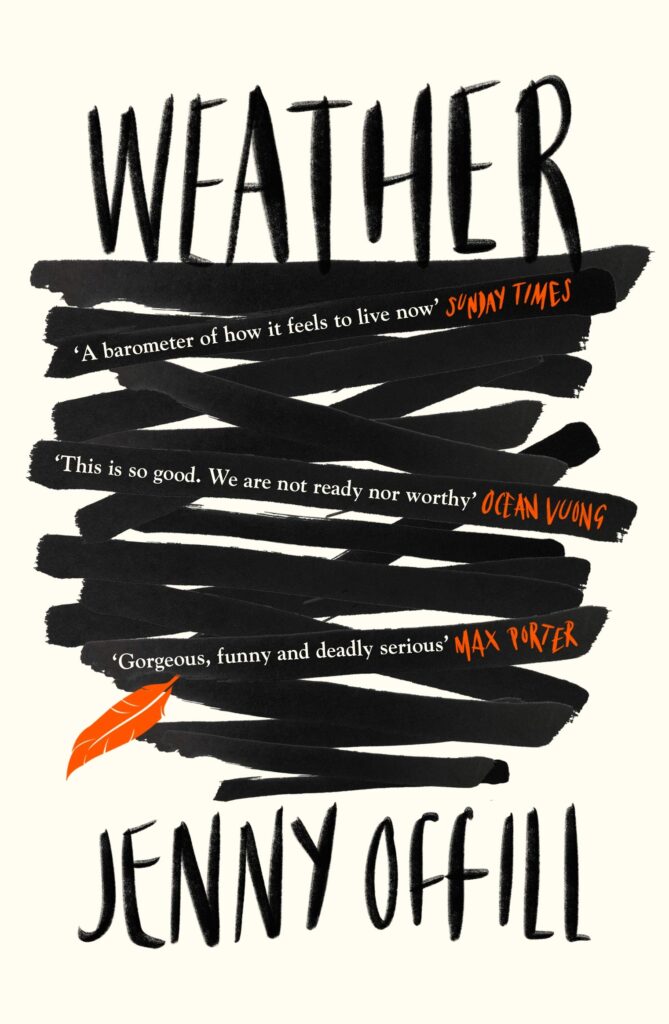Laura Barber is Deputy Publishing Director of Granta Books, where she publishes Jenny Offill, shortlisted for the 2020 Women’s Prize for Fiction with Weather.
She is also the editor of several anthologies for poetry for Penguin and worked at Penguin Classics for five years. Laura reflects on whether it’s possible to publish contemporary fiction as enduring classics.
Of all the dazzlingly eloquent, innovative and impressive novels on this year’s shortlist, will any of them still be read in a century’s time?
As someone who studied English literature for five years then worked at Penguin Classics for a further five, you might think I’d be willing to hazard an educated guess. You’d be wrong. My many years spent reading from the past has only made me more cautious about predicting the future.
Some of the most popular and celebrated books of a previous era now seem unreachably dated. While some of the novels, plays and poems that have become an established part of the literary canon were initially dismissed by critics, ignored by readers, or never even made it out of their creator’s bottom drawer and into print. Many only survived the passage of time and found their way onto modern bookshelves thanks to a mixture of biographical intrigue, academic interest, television adaptation, or luck. The more time I spent with the classics, the more aware I became of the contingent nature of critical consensus and the fickleness of literary fortune.
So where does this leave me as a publisher of contemporary writing? Simply, looking for books that strike me as life-enhancingly excellent right now. Books that take me out of my own narrow existence and allow me to glimpse broader horizons. Books that seem to capture the essence of how it feels to be alive in a particular body in a particular time and a particular place and what this might mean. Books that contain prose that can soar to the heights of poetry. Books that challenge me or comfort me, or make me think or cry or laugh.
It is rare to discover a writer who manages to make you feel all of these different ways in the space of one book, especially a book you can read in a single sitting, but for me, Jenny Offill does just that.
Weather engages head on with some of the most pressing environmental and political issues of our day. The novel’s heroine is a person who worries, deeply, about the big things in life. But what makes her so likeable is that she also sweats the small stuff: the pang of separation at the school gates; the dilemma of whether your clothes are age-appropriate or prematurely ageing; the challenge of dealing with an infestation of mice without your child finding out that you’re a murderer… Jenny is a writer who swoops between the profound and the particular and back again without missing a beat. She drops one-liners like a seasoned stand-up, and delivers existential punches like a classical deity.
By the time my toddler is old enough to read Weather, I would love to think that some of the issues Jenny’s heroine frets about will have been consigned to the ‘near miss’ category of human history. Though I fear it’s far more likely that her generation will be grappling with them with even greater urgency. Either way, if she finds my cherished and much-thumbed first edition on the shelf, I imagine I’ll still feel as confident in urging her to open it as I do readers today. For Jenny’s novel taps into something timeless about the human condition: the need to face our fears, to own our failings, to find laughter in the darkness, to cultivate empathy, to do good and to love. I hope my daughter will want to read it, and her children, and her children’s children too.
For now, it is enough to know that it stands on this shortlist alongside five other life-enhancingly excellent novels by some of the finest women writers at work today.




